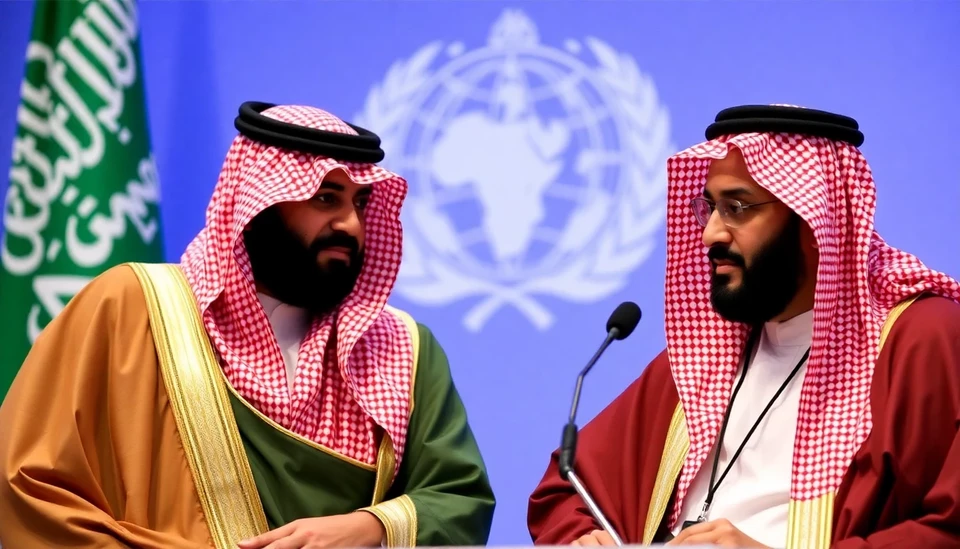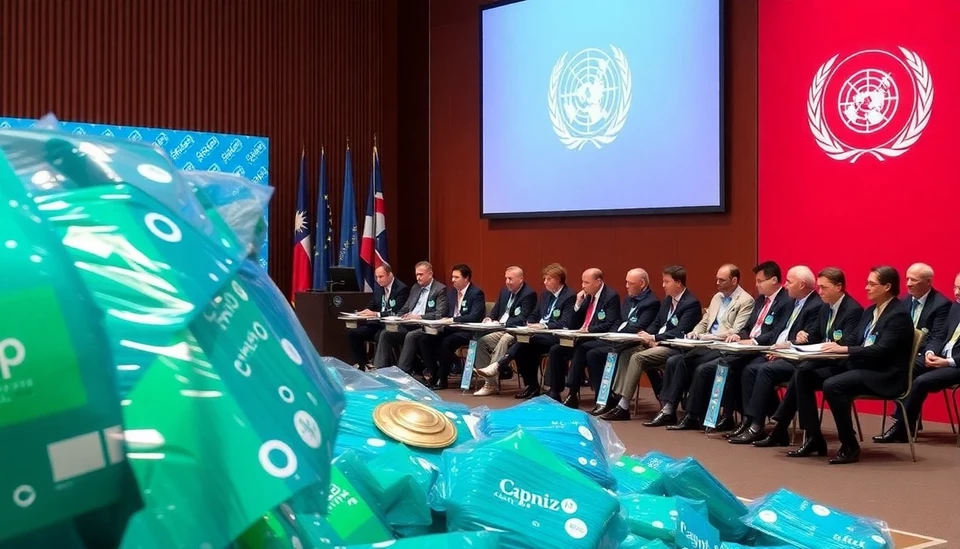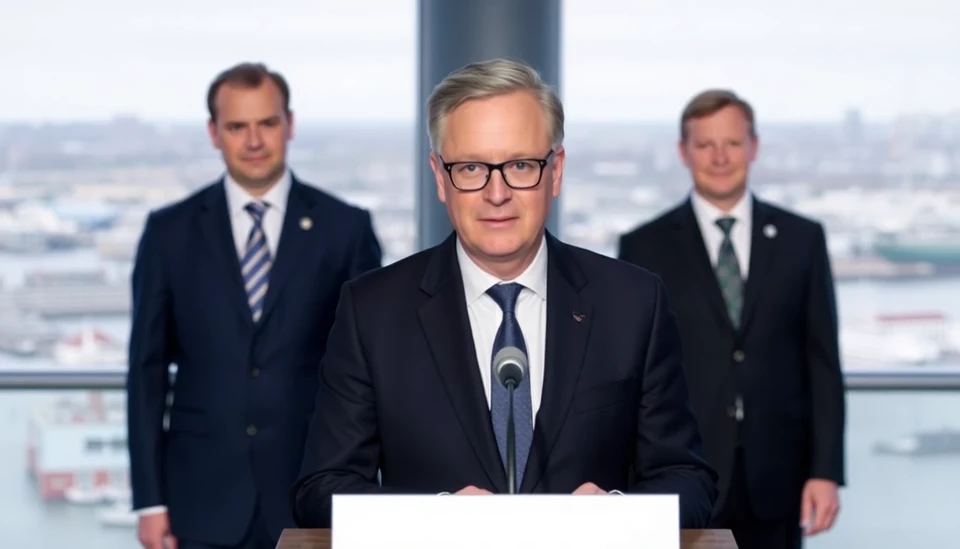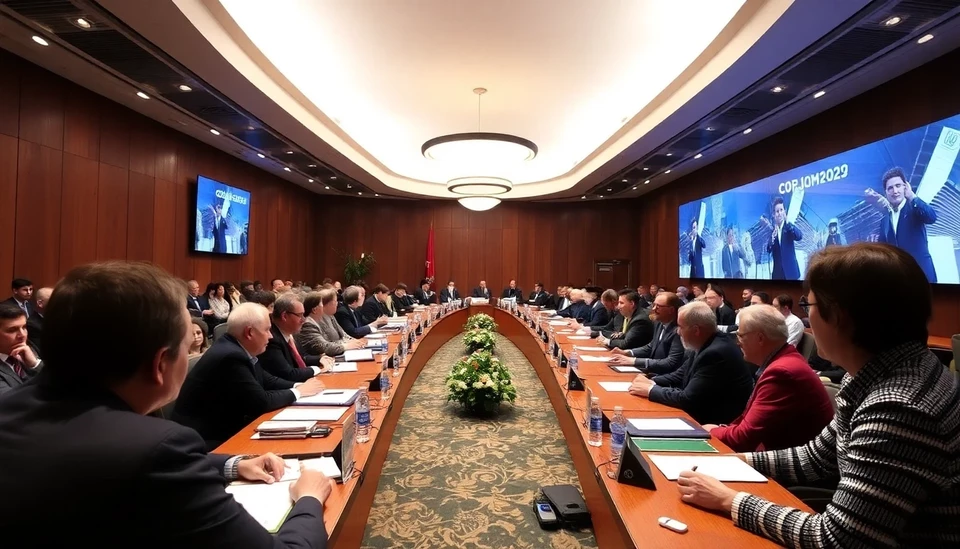
The recent COP29 summit in Saudi Arabia has become a focal point for criticism as various reports reveal that the nation and its allies are actively obstructing significant climate initiatives. As delegates from around the world gathered to discuss pressing environmental issues, it became evident that certain oil-rich countries were strategically undermining meaningful progress in tackling climate change.
The backdrop of the conference showcased a stark contrast between the urgent calls for climate action from many nations and the resistance seen from the coalition led by Saudi Arabia. This coalition is believed to prioritize economic gains and fossil fuel interests over the commitment to reduce greenhouse gas emissions and combat global warming. Observers have noted a concerted effort to dilute key agreements aimed at advancing sustainable practices.
Various environmental groups have condemned the tactics employed by these countries, highlighting that their influence at the negotiations often leads to the weakening of climate goals. For instance, the push for clear timelines on phasing out fossil fuels was met with heavy opposition, resulting in resolutions that lacked enforceability and urgency.
At COP29, the Saudi delegation has been reported to work closely with other oil-dependent nations to challenge scientific findings and undermine the calls for a rapid transition to renewable energy sources. Their strategy included leveraging their economic power and influence over other countries to adopt a more lenient stance on climate commitments. This coalition reportedly succeeded in stalling critical discussions that could have resulted in substantial agreements.
The actions taken by these countries have reignited discussions about the global dependency on fossil fuels and the path forward for international climate efforts. Many advocates urge a reevaluation of reliance on oil-producing nations in climate discussions to ensure that the focus remains sharp on emissions reductions and sustainability practices.
As COP29 continues, the international community remains divided about the future of climate policies. While there is hope that some nations might galvanize efforts to counter the influence of the Saudi-led coalition, the pervasive power of oil economies raises the question of whether meaningful progress can be made in the face of such resistance.
Moving forward, climate advocates are calling for a united front among countries committed to serious climate action, alongside a concerted effort to hold resistant nations accountable for their roles in obstructing negotiations. The timeline for effective climate action is growing shorter, emphasizing the importance of addressing the challenges posed by entrenched fossil fuel interests.
The outcome of COP29 may be critical in determining the trajectory of global climate policy. It remains to be seen if a sufficient collaborative effort can be rallied to push back against the oppositional forces championed by Saudi Arabia and its allies, and whether the summit can yield commitments that align with scientific recommendations.
#COP29 #ClimateAction #SaudiArabia #ClimateChange #FossilFuels #EnvironmentalPolicy #GlobalWarming #Sustainability
Author: Peter Collins




